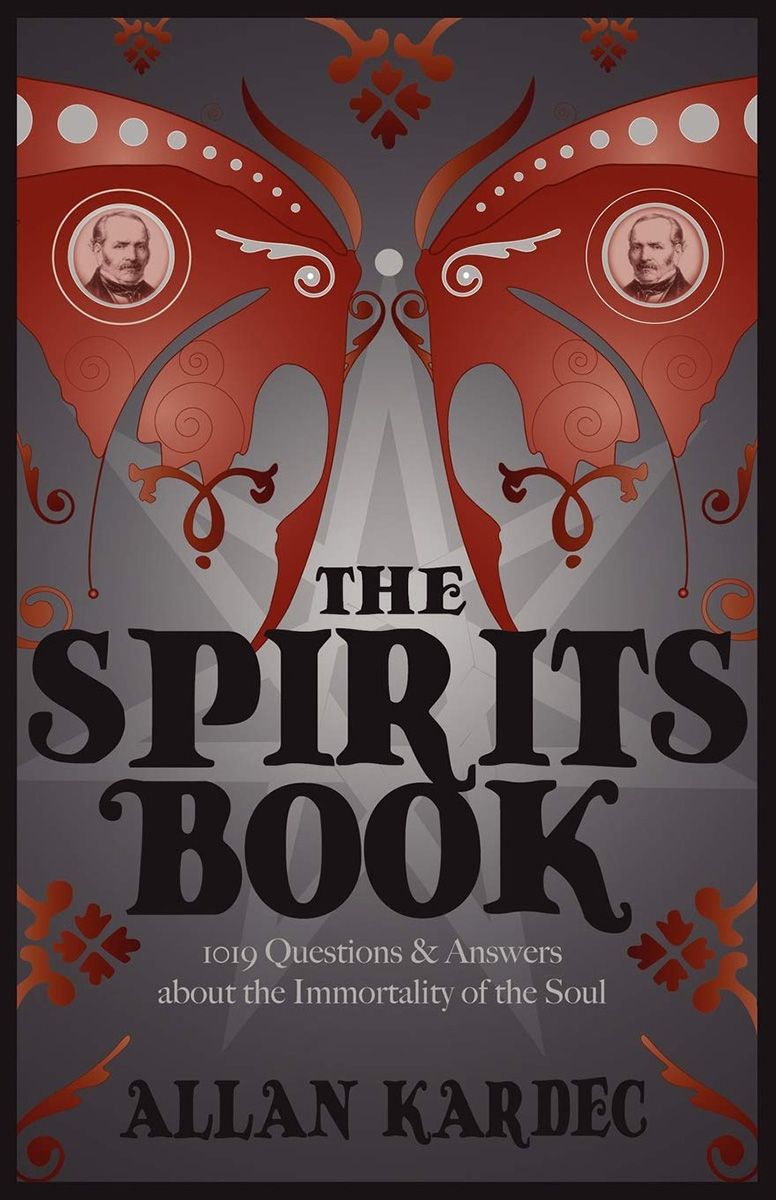Summary
‘The Spirits Book’ (1857), written by Allan Kardec, is widely regarded as the most important piece of writing in the ‘Spiritist’ canon. It is the first in a series of five books that Kardec wrote that are collectively known as the ‘Spiritist Codification’. Although the other four books; ‘The Medium’s Book’, ‘The Gospel According to Spiritism’, ‘Heaven and Hell’ and ‘The Genesis According to Spiritism’ are of great importance to the Spiritist movement it is ‘The Spirits Book’ that lays out the doctrine of the belief system.
The Spiritist movement was founded by Allen Kardec and although its roots lay in Spiritualism there are differences in belief. The most important of these differences is the Spiritist belief in reincarnation. Although some Spiritualists believe in reincarnation and some do not, all Spiritists consider it as a basic truth of their ideology.
In the 1850’s, whilst investigating the afterlife, Kardec communicated in séances with a collection of spirits named ‘The Spirit of Truth’ who discussed many important topics such as life after death, good and evil, the universe and the origin of spirits, amongst others. ‘The Spirit of Truth’ counted many of history’s great thinkers amongst its number such as Thomas of Aquino, Voltaire and Augustine of Hippo. Over time and after several sessions with the group Kardec had gathered enough information to convince him of life after death and he was compelled to spread the teachings of ‘The Spirit of Truth’. He ‘codified’ their comments and listed them as answers to questions and this is the content of ‘The Spirits Book’.
The subjects that Kardec discusses, via ‘The Spirit of Truth’, laid down the foundations for the Spiritist philosophy and all of the concepts that would become, and still are, key to the movement’s thinking have their genesis in the book. The belief that there is one Supreme Being, God, who created everything in the universe, is postulated. According to the text the Devil does not exist and Jesus is a messenger of God.
Although the book does not refer to Jesus as the son of God and no mention is made of the ‘immaculate conception’ he is considered God’s perfect messenger and his teachings are to be adhered to. Reincarnation and the survival of the soul after death are vital beliefs and it is stated that it is through reincarnation that lessons are learnt that can be taken into the next life and that every life moves the soul closer to perfection. According to the book man is made up of three separate elements; the body, the spirit and the spiritual body. One’s spirit also predates the matter of the universe and will outlast it.
After the publication of ‘The Spirits Book’ Kardec’s Spiritist doctrine began to take root, firstly in France from where it spread throughout Europe and found its way to North America. Most significant, however, was the reaction to Spiritism in South America. In Brazil the Spiritist movement swept across the nation and it is still one of the country’s main religions to this day with millions of Kardec’s followers from Brazil visiting his tombstone in Paris every year.

